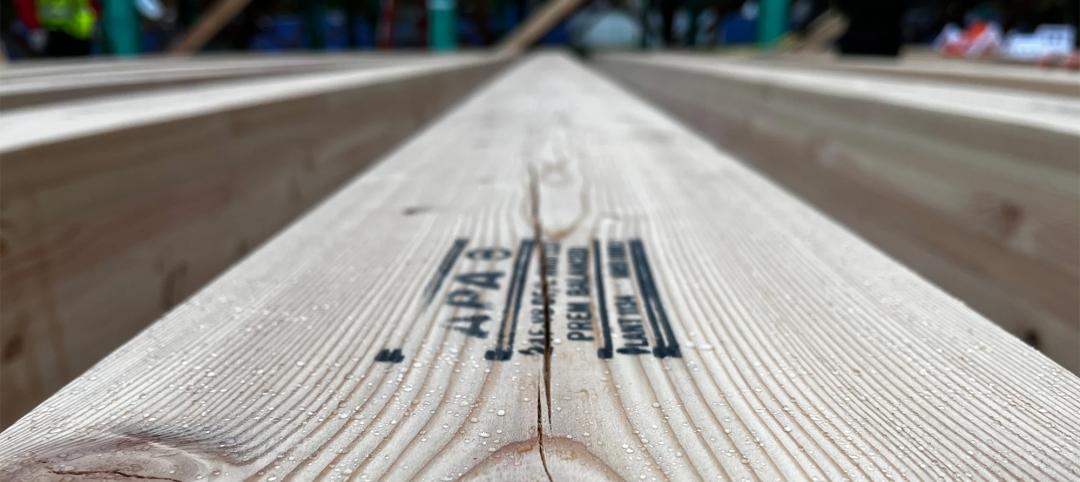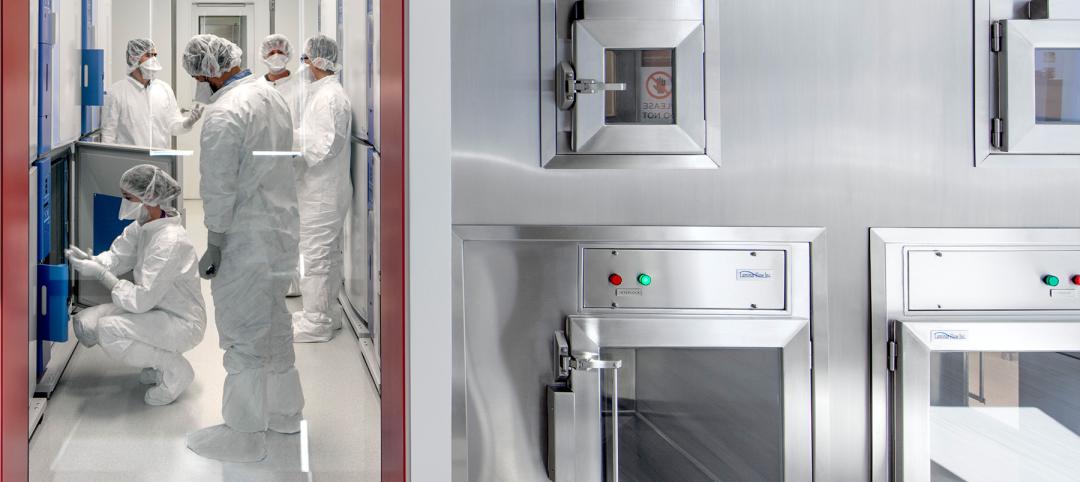The Chicago City Council recently passed the 2022 Chicago Energy Transformation Code that is intended to align with the city’s goal of reducing carbon emissions by 62% from 2017 levels by 2040.
The city’s buildings are responsible for an estimated 69% of total emissions. Portions of the new code are based on the 2021 International Energy Conservation Code, and others are specific to the city.
Changes include:
- Upgraded energy-efficient lighting requirements
- Designing commercial building roofs to support solar panels
- Residential buildings infrastructure that enables a future switch to electric-powered appliances
- Incentives for smart HVAC and water appliances that integrate with the power grid to reduce demand during times of peak use
The city recently committed to purchasing 100% renewable energy for all its facilities by 2025.
Related Stories
Laboratories | Oct 2, 2024
Trends in scientific research environments: Q&A with Flad's Matt McCord
As part of an ongoing series, Matt McCord, AIA, NCARB, LEED AP BD+C, Associate Principal with Flad Architects, discusses the future of the scientific workplace.
Contractors | Oct 1, 2024
Conflict resolution is a critical skill for contractors
Contractors interact with other companies seventeen times a day on average, and nearly half of those interactions (eight) involve conflicts, according to a report by Dodge Construction Network and Dusty Robotics. The study suggests that specialty trade contractors, in particular, rarely experience good resolution from conflicts.
Museums | Oct 1, 2024
UT Dallas opens Morphosis-designed Crow Museum of Asian Art
In Richardson, Tex., the University of Texas at Dallas has opened a second location for the Crow Museum of Asian Art—the first of multiple buildings that will be part of a 12-acre cultural district. When completed, the arts and performance complex, called the Edith and Peter O’Donnell Jr. Athenaeum, will include two museums, a performance hall and music building, a grand plaza, and a dedicated parking structure on the Richardson campus.
Data Centers | Oct 1, 2024
10 biggest impacts to the data center market in 2024–2025
While AI sends the data center market into the stratosphere, the sector’s accelerated growth remains impacted by speed-to-market demands, supply chain issues, and design innovation necessities.
Contractors | Oct 1, 2024
Demographic, societal trends bode poorly for future construction workforce
U.S. employers will soon face “the largest labor shortage the country has ever seen,” according to a report from Lightcast, a labor market data and analysis firm. The problem will be especially acute in fields like plumbing, HVAC, and auto maintenance.
Contractors | Oct 1, 2024
Nonresidential construction spending rises slightly in August 2024
National nonresidential construction spending increased 0.1% in August, according to an Associated Builders and Contractors analysis of data published today by the U.S. Census Bureau. On a seasonally adjusted annualized basis, nonresidential spending totaled $1.22 trillion.
Higher Education | Sep 30, 2024
Studio Gang turns tobacco warehouse into the new home of the University of Kentucky’s College of Design
Studio Gang has completed the Gray Design Building, the new home of the University of Kentucky’s College of Design. In partnership with K. Norman Berry Associates Architects, Studio Gang has turned a former tobacco warehouse into a contemporary facility for interdisciplinary learning and collaboration.
Mass Timber | Sep 26, 2024
5 lessons in water mitigation for mass timber projects
Sustainability leaders from Skanska, RDH, and Polygon share five tips for successful water mitigation in mass timber construction.
Laboratories | Sep 26, 2024
BSL conversions: A cost-efficient method to support high-containment research
Some institutions are creating flexible lab spaces that can operate at a BSL-2 and modulate up to a BSL-3 when the need arises. Here are key aspects to consider when accommodating a rapid modulation between BSL-2 and BSL-3 space.
AEC Tech | Sep 25, 2024
Construction industry report shows increased use of robotics on jobsites
Nearly two-thirds of contractors surveyed, who cited use of robotics on jobsites, are either using monitoring and/or service/labor robotics.

















